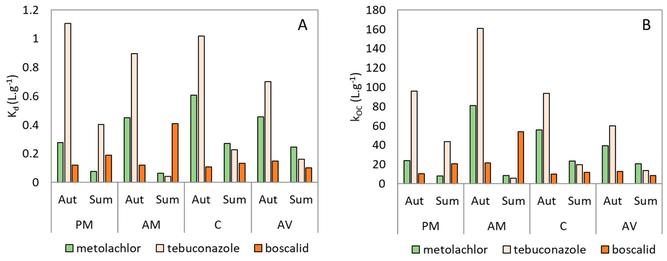Sediment in Saffron Walden's water supply is damaging kitchens and bathrooms, residents fear.
Some residents in the town have raised concerns that sediment, including sand, in the water has increased their cleaning costs.
But Saffron Walden's water supplier, Affinity Water, has said that sediment is more likely to be limescale from chalky water than sand.
To stop sediment from forming, Affinity Water has urged customers not to heat their water above 60C.
Suzan, one of the town's residents, said: "I like my tea hot, not lukewarm with grit in it."
A kettle, bought in 2019, in a home on Little Walden Road- Credit: Supplied
Ian May has a relative who lives in a sheltered housing complex and said the situation is costing him time and money.
Ian said: "I am descaling her kettle twice a week, sometimes three times.
"In her wet room I can't remove the limescale build-up on the flooring nor the glass shower screen.

"In nearly 30 years living in Walden, I have never seen the limescale as bad as it is now."
Megan Cornwell added: "We have sand visible in the bath and sinks after using them.
"It only started recently."
An Affinity Water spokesperson said: “We have spoken to several customers in Saffron Walden who have reported ‘sand-like’ particles dispersing through their hot water taps.
“Water in the area is naturally hard due to chalk.
"You can't see chalk in cold water, but as it is heated up the chalk comes out of the water as a white or sandy coloured deposit.
“We would recommend that customers do not heat their water above 60C.
"This should help to minimise the build-up of calcium carbonate and may also help to bring down energy bills."
The spokesperson said that residents can test for calcium by combining the deposit with normal vinegar in a dish. If the substance dissolves or fizzes, it is calcium carbonate.
They said: “If the substance does not dissolve or fizz, we would recommend customers to contact us on 0345 357 2407 so that we can investigate further.”
Before and after: A resident with a science background mixed sediment and citric acid decalcifier to test whether it was calcium carbonate. Not all of the sediment has dissolved- Credit: Supplied by a resident
A resident with a science background ran a similar test under a microscope.
They said that sand-like particles remained in place and have shared this with Affinity.